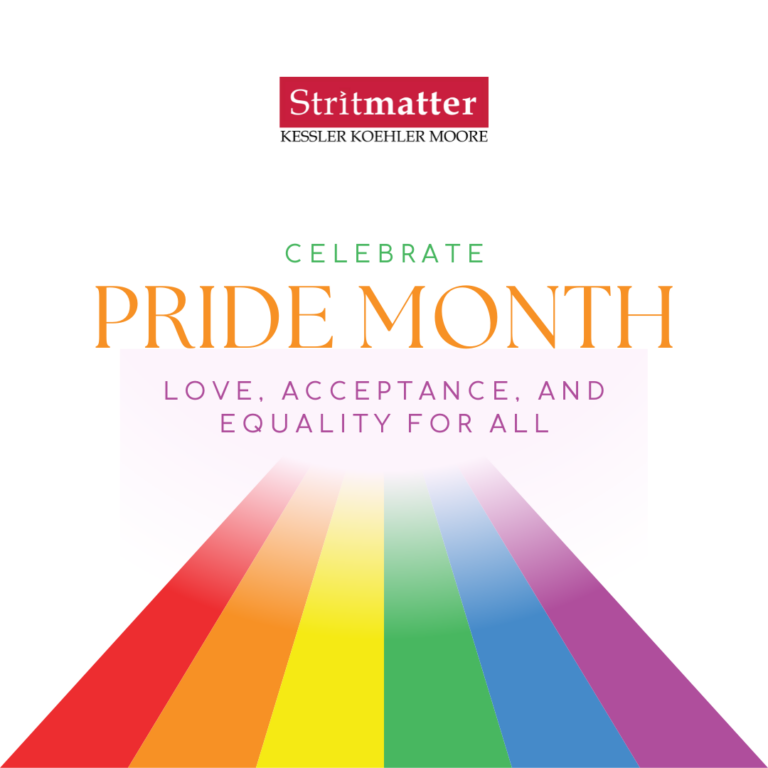It’s Pride this month! To celebrate, we wanted to highlight a few of the ways the legislative and judicial branches of Washington provide legal protections for the queer community. The Washington Law Against Discrimination is one of the most important ones.
THE WASHINGTON LAW AGAINST DISCRIMINATION
The Washington Law Against Discrimination (WLAD), chapter 49.60 RCW, prohibits discrimination “because of race, creed, color, national origin, families with children, sex, marital status, sexual orientation, age, honorably discharged veteran or military status, or the presence of any sensory, mental, or physical disability or the use of a trained guide dog or service animal by a person with a disability.” RCW 49.60.010.
The WLAD was originally enacted in 1949, well before its federal counterpart, Title VII of the Civil Rights Act of 1964. It is a strong statement about the importance of equity. The Washington State Legislature found discrimination in Washington State “threatens not only the rights and proper privileges of its inhabitants but menaces the institutions and foundation of a free democratic state.” RCW 49.60.010.
WLAD also provides more protection than Title VII. For example, in 2006, the Legislature amended the WLAD to explicitly prohibit discrimination on the basis of sexual orientation. The statute also now protects transgender individuals. It defines “sexual orientation” broadly as “heterosexuality, homosexuality, bisexuality, and gender expression or identity.” RCW 49.60.040(27). Gender expression and identity means “having or being perceived as having a gender identity, self-image, appearance, behavior, or expressions” regardless of whether it the same or different than “the sex assigned to that person at birth.” Id.
The protections extend to employment, housing, credit transactions, insurance transactions, and places of public accommodation including hotels, restaurants, and public schools. And yes, these protections would apply to bathrooms in places of public accommodation.
The ACLU has a nice summary of the rights of transgender people under state and federal anti-discrimination laws. The Washington Human Rights Commission also has a handy dandy Q&A about the rights of the queer community.
Throughout the rest of June, we’ll be shining a spotlight on some recent legal fights involving the rights of LGBTQIA+ people.
